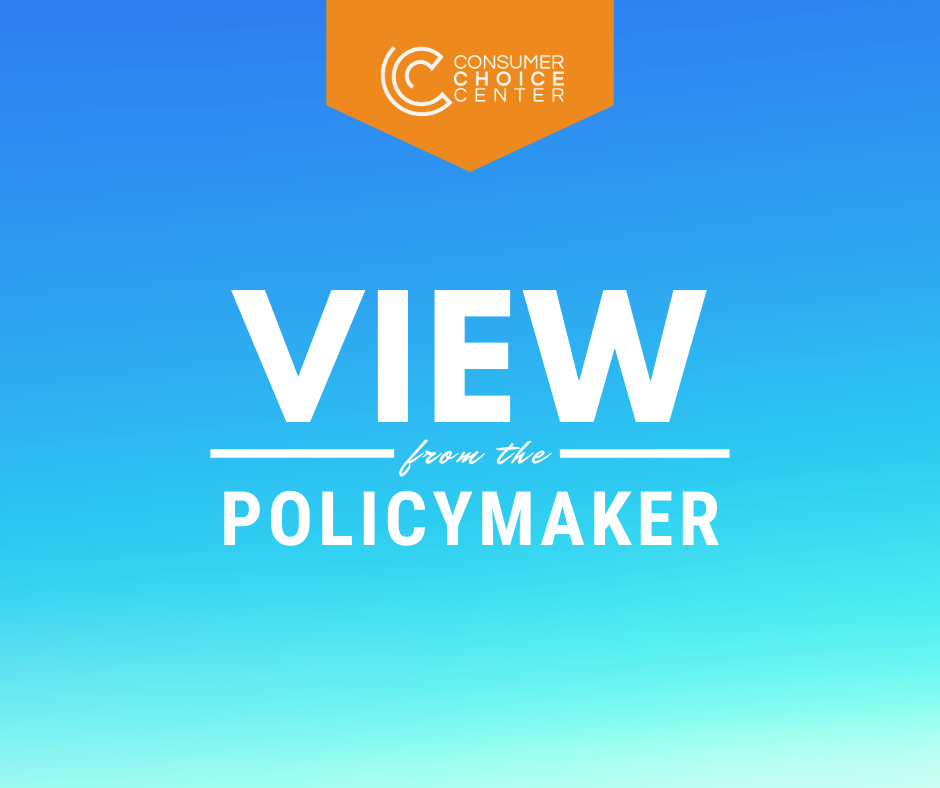
Counterfeit medicines pose a real risk to consumer health. Given the current coronavirus pandemic and the numerous problems posed by restrictions on individual freedom decided by most countries, I am...

The COVID-19 health crisis has highlighted, on the one hand, the weaknesses in the way we have conceived our institutional systems over the last sixty years. On the other hand,...

OPINION. Le virus ailé que représente l’invasion actuelle de criquets menace de réduire à néant toutes les récoltes de la Corne de l’Afrique. Il faut réagir de toute urgence, en...

La terrible pandemia de Covid-19 que estamos sufriendo no solo trae consigo una crisis sanitaria y humanitaria, sino también una crisis económica, social y política. Ante este escenario, no debemos...

The terrible COVID-19 pandemic that we are experiencing brings with it not only a health and humanitarian disaster but also an economic, social and political crisis. Faced with this issue,...

Actualmente, la humanidad está atravesando un gran desafío impuesto por el Coronavirus. Las fronteras están siendo cerradas, las aerolíneas suspendiendo sus operaciones y algunos negocios cerrando sus puertas. Simultáneamente, científicos,...

This is a post by a Guest Author. Disclaimer: The author’s views are entirely his or her own, and don’t necessarily reflect the opinions of the Consumer Choice Center. There are ongoing debates about...

by Haikal Kurniawan Rokok elektronik, atau yang akrab disebut vape, saat ini merupakan produk yang sedang mendunia, termasuk di tanah air. Di Indonesia sendiri, menurut laporan dari CNBC Indonesia, ada...

Introduction Global warming is happening and affecting citizens while threatening our long-term sustainability on this planet. The average temperature of our planet has already increased by 1°C and the world...

Nástroj shrnuje právní předpisy pro editaci genomu v oblasti zemědělství, medicíny a tzv. gene drives technologie, která se zaměřuje na boj proti škůdcům. Nedávno spatřil světlo světa ucelený zdroj informací...

At a time like this, those of us who believe in free markets and limited government face challenges in justifying adherence to those principles. It is hard to argue against governments...